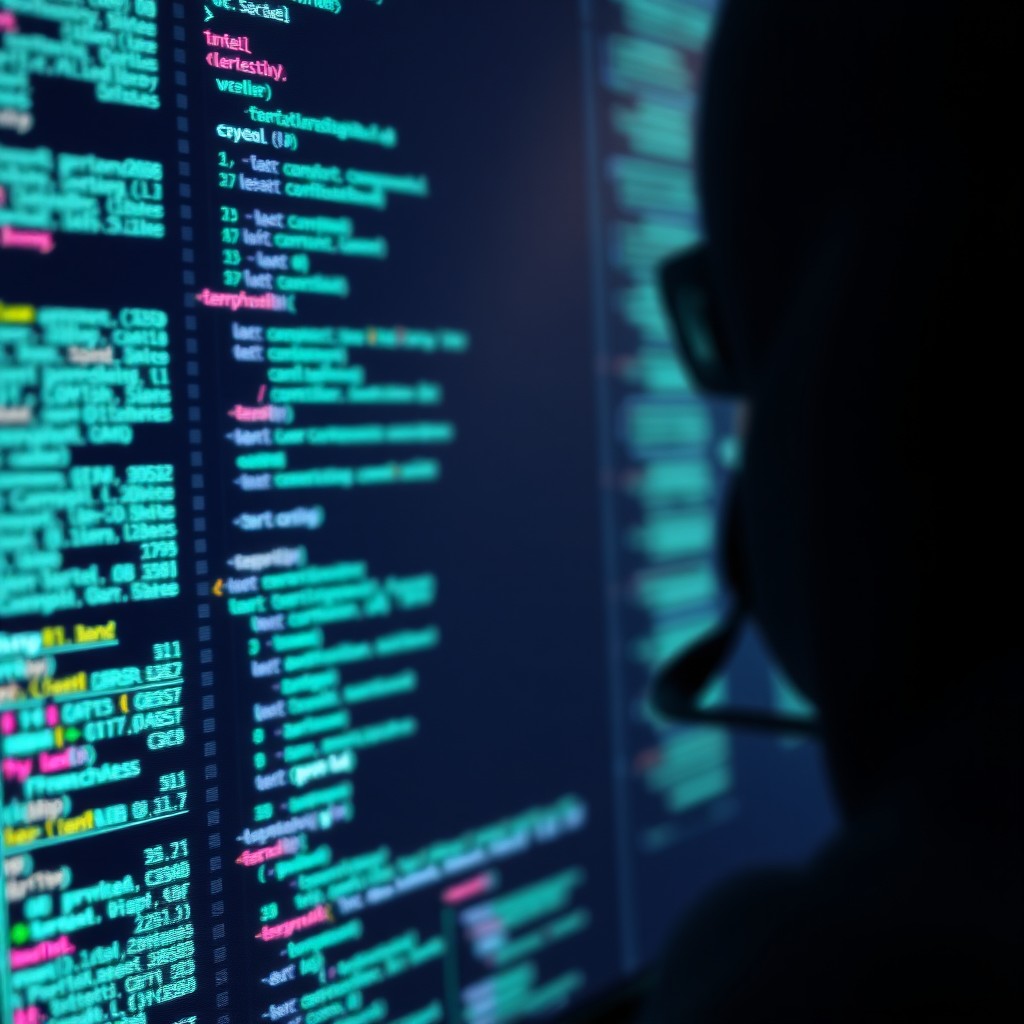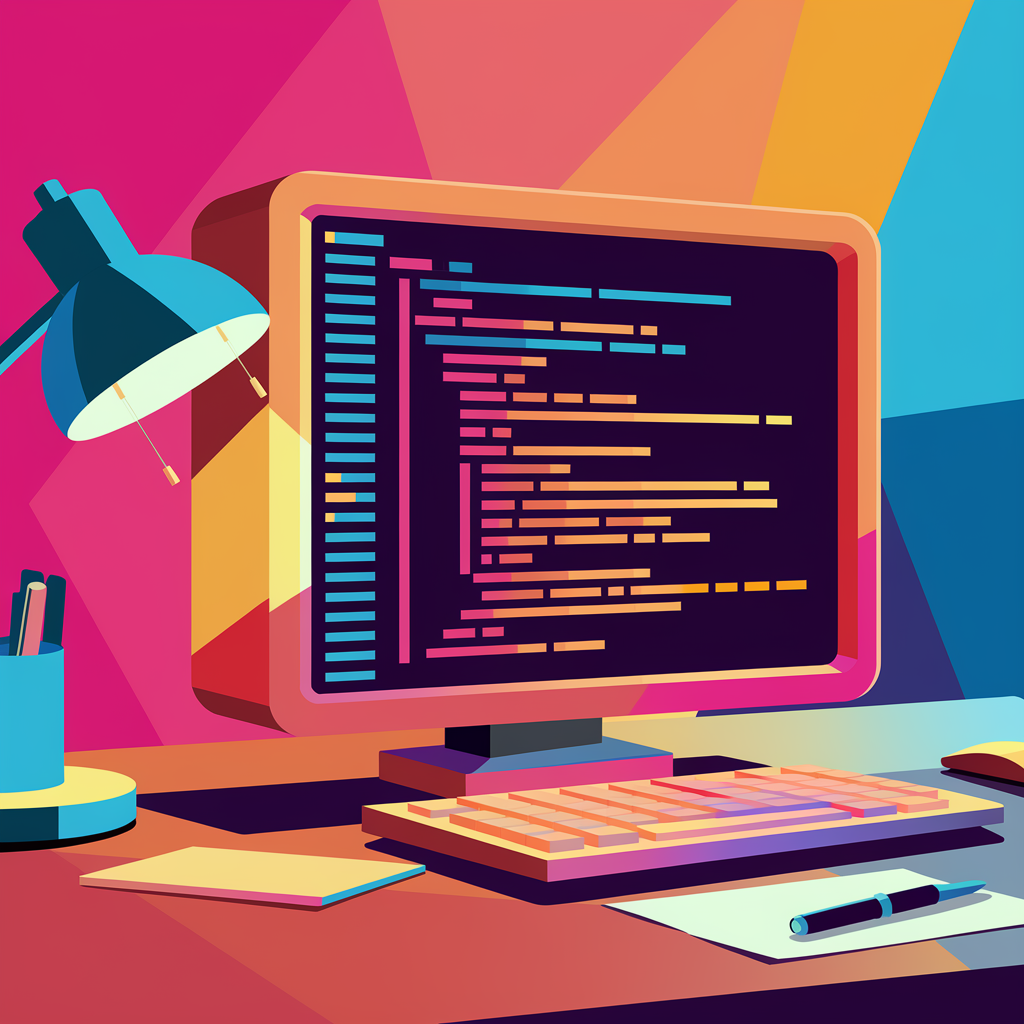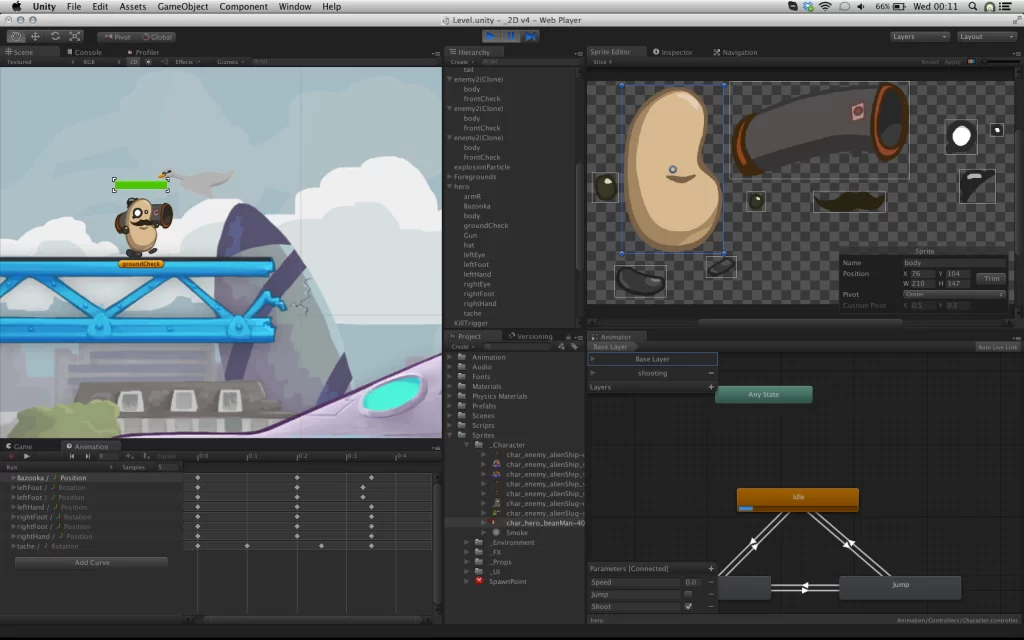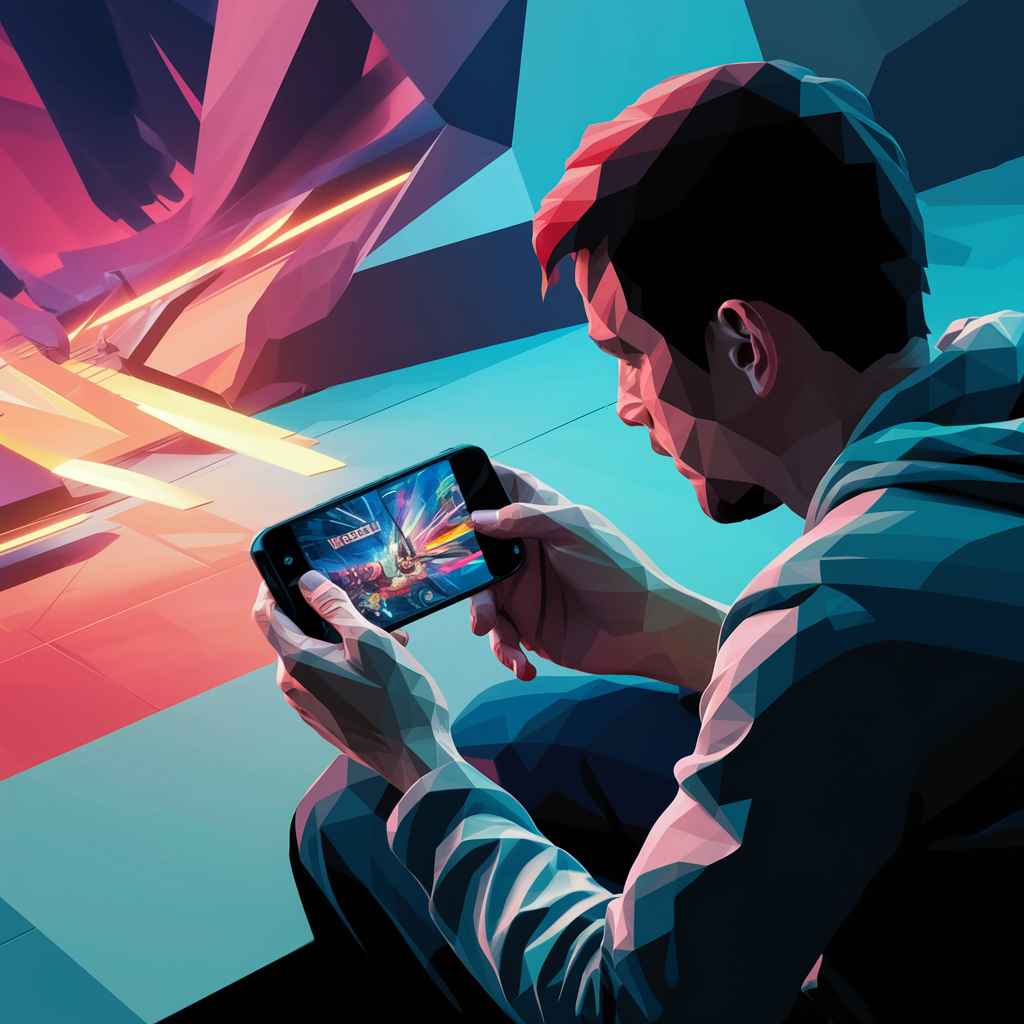If you’ve ever dipped your toes into the world of game development, chances are you’ve heard of Unity. This powerful game engine is a digital playground for creators, allowing them to bring their game ideas to life, from simple mobile games to complex 3D experiences.
Right at the heart of this creative process, there’s the Unity programmer, the coding whiz who makes the magic happen. But what exactly do they do? What skills do they need? And how can you become one?
This article will explore the world of Unity programming and explain the required skills and available learning resources if you’re interested in becoming a Unity programmer and joining the ranks of game developers!
What is a Unity programmer? What do they do?

Short answer: they’re the ones behind the scenes, writing the code powering the game and its mechanics using the Unity engine.
Now, onto the long answer: they command a deep understanding of the Unity engine and its capabilities. These developers work directly with the engine’s API (Application Programming Interface), a collection of tools and instructions that give them fine-grained control over the game’s inner workings.
With that, they are the ones who bring the game to life, writing the code that dictates how everything works, from the basic rules of the game to the intricate details of how players interact with the world.
This includes creating core gameplay mechanics like character movement, object interactions, and player input responses, as well as designing more complex systems like enemy AI, inventory management, and physics simulations.
Unity programmers work closely with artists and designers, integrating their creations seamlessly into the game engine. They handle those beautiful 3D models, textures, animations, and sounds, ensuring that everything looks, sounds, and feels just right. They also make sure the game runs smoothly on different platforms, whether you’re playing on a high-end PC or a mobile device.

In the case of multiplayer experiences, these professionals take on the added challenge of managing databases and networks. They ensure that player data is stored safely, that players can interact with each other seamlessly, and that games run smoothly even with thousands of people playing at the same time.
And, of course, there’s debugging. Once feedback from testing starts pouring down their Slack channels, Unity programmers are the ones responsible for fixing those pesky bugs causing unexpected behavior and crashes. It’s a meticulous process, but they diligently hunt down errors in the code and implement solutions to ensure a seamless experience for all of us.
As you can see, it’s not just about typing out line after line of code, though it may feel like that sometimes. The role of a Unity programmer requires good technical expertise, problem-solving skills, a touch of ingenuity, and a passion for creating games.
Essential skills for a Unity programmer
Becoming a Unity programmer is no walk in the park, but it’s a rewarding path, especially if you’re passionate about games and get a kick out of coding. It’s a field that combines technical know-how with creative problem-solving and the ability to work seamlessly with a team.
So, what does it take to become a Unity programmer? Let’s summarize the section above with the essential skills you’ll need to level up your game development:
Technical skills for Unity programmers

- C# programming knowledge: C# is Unity’s main language, so you need a good grasp of its syntax to create good games. You can also use visual scripting, but it won’t give you the fine control programming itself can;
- Solid programming fundamentals: this might seem obvious, but it’s a good combo with the above. You need to understand basic programming concepts (variables, loops, conditionals, functions, …), object-oriented principles (classes, inheritance, and so on), and good coding practices (writing clean, readable, and maintainable code);
- Experience with the Unity game engine: you’ll spend a lot of time in the Unity editor, so get comfortable with its interface, workflow, handy tools and features, and the most popular plugins;
- Also, knowing your way around the Unity API: it will be your toolbox for controlling your game’s every detail. You’ll use it to work with physics, animation, user interface elements, audio, and more;
- Performance optimization: no one likes a laggy game, so you’ll need to learn how to optimize your code to make sure the game runs smoothly, even on devices with lower specs;
- Debugging: bugs happen. In the absence of a detailed bug report explaining what happens and how to reproduce it, you will need to be skilled at using debugging tools to track down and squash those errors in your code base;
- Understanding the game development pipeline: while you’ll be focused on programming, it’s helpful to have a basic grasp of how games are made. Knowing how your work fits into the overall process helps you collaborate effectively, suggest better ideas, and anticipate potential changes;
- Version control: unless you’re a solo developer, you’ll rarely be working alone on a project. Version control systems like Git help you manage your code, track changes, and work together with your team without stepping on each other’s toes.
Soft skills for Unity programmers
- Communication and collaboration: game development is usually a team sport. You’ll need to clearly express your ideas with designers, artists, and other programmers to make sure everyone’s on the same page. You’ll also need to work well with others and know how to give and receive good feedback;
- Problem-solving: get ready to put on your sleuth hat because bugs and unexpected challenges will pop up. You’ll need to think critically and sometimes find ingenious solutions (like Quake’s fast inverse square root) to keep the game development train rolling;
- Adaptability: the gaming industry is constantly evolving, and it seems even faster nowadays with recent developments in AI. Being able to adapt to these changes and trends while learning new skills is crucial for staying relevant;
- Time management: game development often involves tight deadlines, so you’ll need to manage your time, prioritize tasks, and meet deadlines as efficiently as you can.
How to become a Unity programmer (game developer)

With so much information on the internet, where do you even begin? First: relax and take a deep breath, because there are tons of resources available to help you learn the ropes.
Formal education is a straightforward option. You could pursue a degree in Computer Science, Game Development, or a related field. These programs provide a structured curriculum and a strong foundation in programming principles.
If you prefer a more hands-on and self-directed approach, online courses and tutorials are a solid starting point. Platforms like Udemy, Coursera, and Unity Learn offer a vast library of courses covering everything from programming /C# basics to advanced Unity-specific techniques. You may even find some free courses on those platforms!
For those looking for a more immersive experience, consider attending a game development workshop or bootcamp. These programs are intensive, often focusing only on game development techniques and providing mentorship from experienced professionals. It’s a good way to connect with like-minded people and learn how to work with other people.
Of course, you can also go the self-learning route. There are countless free resources online, including tutorials, forums, and documentation to help you learn at your own pace, though you’ll probably struggle to find a structured long-term curriculum.
In any case, choosing a learning path that suits your style and goals is key. Start small, practice regularly, and don’t be afraid to experiment and make mistakes!

Main Leaf has got you covered!
Becoming a Unity programmer requires dedication and a hunger for learning, but it’s a journey filled with creative rewards. The demand for skilled Unity programmers is only growing as the gaming industry expands across multiple platforms.
Whether you dream of authoring indie games or contributing to the next big hit at a major studio, mastering Unity programming can open doors to many exciting opportunities.
Or perhaps you’re looking for qualified programmers to help you translate your ideas to life. We at Main Leaf offer the full range of game development and outsourcing services, including Unity programming expertise.
Be you an indie developer looking for support or a studio needing to boost your team’s capacity to meet tight deadlines, we’re here to help! Contact us today and let’s collaborate on something truly unique.

